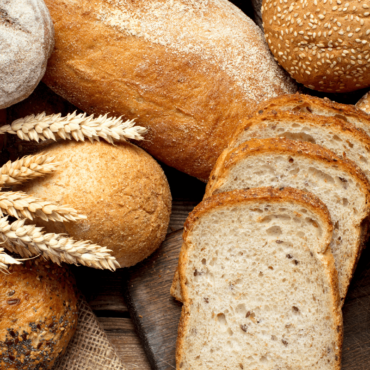Blog & News
Tips and tricks
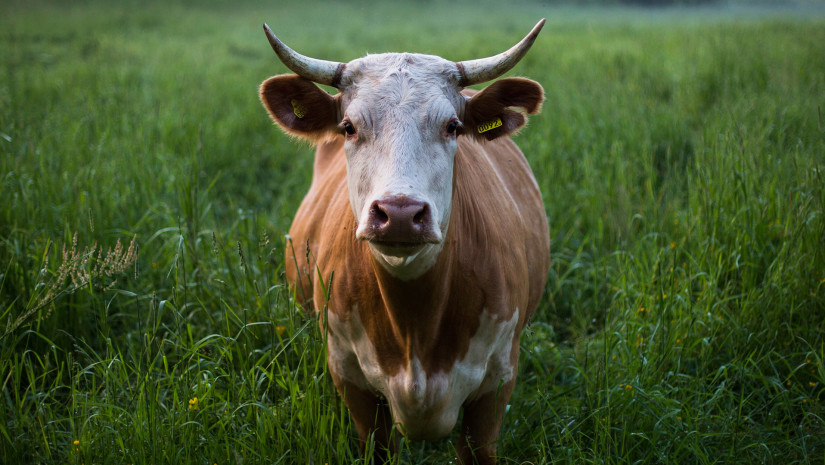
Becoming vegetarian or at least reducing your meat consumption (i.e. by adopting a flexitarian diet) is one of the most effective personal actions you can take to protect our planet. Intensive fishing and industrial meat farming are currently creating a real environmental disaster. So, how does it really make a difference when you pay attention to what you put on your plate?
Opting for a vegetarian or flexitarian diet reduces greenhouse gas emissions
Greenhouse gas emissions are particularly excessive when it comes to livestock farming. Accounting for 7 billion tons of CO2 per year and 14.5% of greenhouse gas emissions, livestock farming is one of the most polluting industries in the world. And these figures don’t include aquaculture and fishing, which only worsen the problem.
Eating meat has such a huge impact on the environment that making the decision to eat vegetarian one day a week would reduce your greenhouse gas emissions by more than buying local every single day!
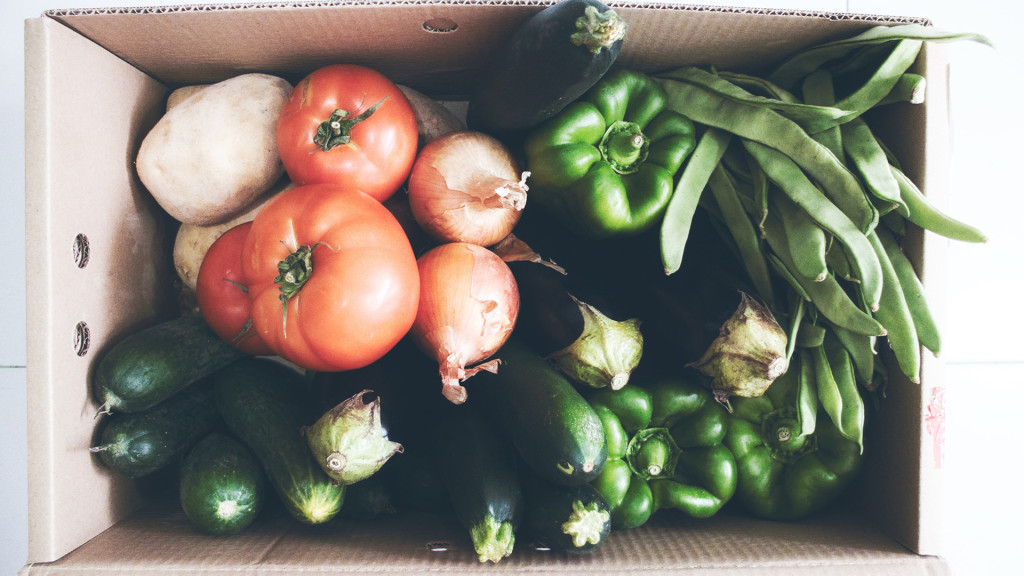
Opting for a vegetarian or flexitarian diet helps to preserve forests and endangered species
What do you think the main cause of deforestation is worldwide? The answer is animal production. Entire hectares of forests are cut down to make space to grow the food that will feed the animals we eat.
Cattle farming is responsible for more than half of the deforestation of the Amazon forest or up to 63%.
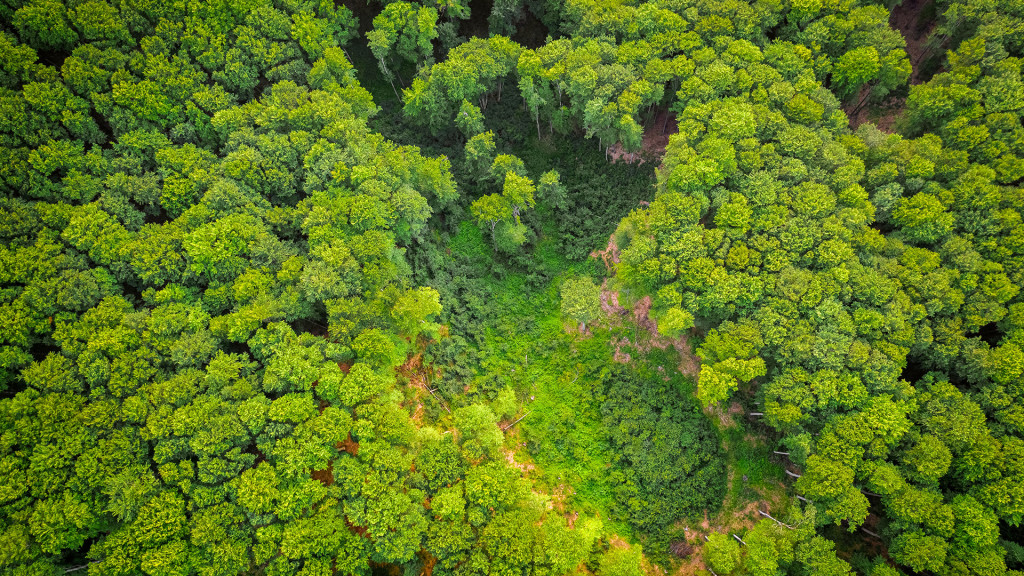
Widespread deforestation has a serious impact on the environment. It not only endangers the habitat of a great number species, putting them directly at risk, but also significantly reduces the number of trees which absorb carbon dioxide emissions, directly impacting global warming.
Opting for a vegetarian or flexitarian diet helps save water
Did you know that meat production requires an excessive amount of water? Water is needed to grow the grains that will feed the animals, for the animals to drink and to clean their carcasses. When you put all of this together, it means that tremendous amounts of water are used, far more than is required to produce plant-based foods.
An estimated 5m3 of water is needed to produce 1,000 calories of animal-based food, whereas only 1m3 is required to produce 1,000 calories of plant-based food.
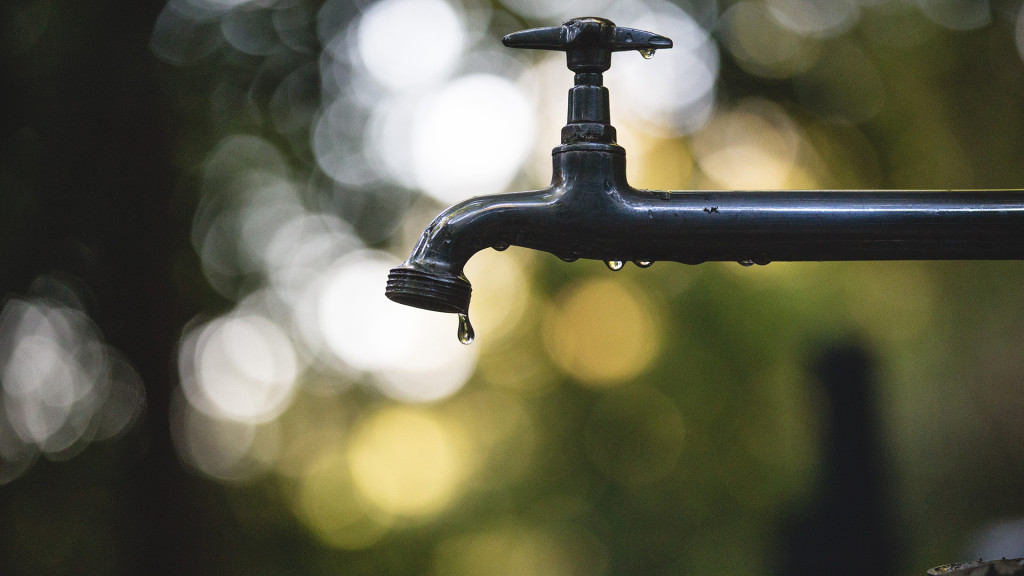
Opting for a vegetarian or flexitarian diet helps prevent soilwater pollution
Antibiotics, animal waste, chemicals, fertilizers, hormones, excrements and pesticides that are used to produce meat quickly make their way into the water and soil. This type of pollution then has a ripple effect on the surrounding species.

We hope that we’ve provided you with some answers as to why going vegetarian or reducing your meat content is good for the environment.
It’s definitely possible to eat a balanced diet with no animal protein and fully enjoy it! The internet is full of tasty recipes that will undoubtedly make you hungry.
So, you’re having a veggie pizza, right?

Communications Officer - Media Campaign
Myriam Charconnet
Passionate about wildlife and wide open spaces, Myriam is committed to protecting the environment, which has inspired her to focus her career in this sector. Strongly committed to the cause of animal justice, she is involved in various associations and animal shelters. Always eager to discover, she likes to travel, read, run to photo exhibitions and musical events, and… eat chocolate!
View all posts...Related posts :
Contact us
Earth Day Canada
5818, boulevard Saint-Laurent
Montréal (Québec) H2T 1T3 Canada
Phone : (514) 728-0116
Toll free : 1 800 424-8758
Fax : (514) 303-0248
Email: hello@earthday.ca
2025 © Earth Day Canada. All rights reserved.
Privacy policy · Terms of use · Trademark





